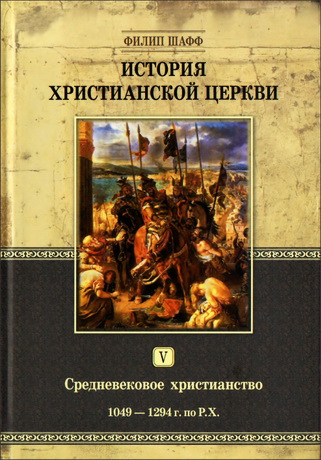
Plekon - Uncommon Prayer
Religions and religious people often disagree with each other, sometimes even violently. In recent years we might be led to believe that there is nothing but dispute and divergence among religions and their members. Stephen Prothero wrote an entire book emphasizing this. There is a tendency to accept, respect, tolerate other traditions in our time, and perhaps this leads some to claims that all religions are the same, that we all have the same God.
Anyone teaching or studying world religious traditions in a comparative way cannot help but recognize really striking convergences, as well as equally powerful differences. Some are not surprising at all, for example, that religious traditions concern themselves not just with doctrine or teachings, statements about God, gods, or the origin and end of the world and personal lives. They also have a great deal to say about just how we live those lives, that is, about ethics—what we should and should not do.
Religions generally consider what is taught and believed to be real, for example, how the world came to be or how our own lives will end. Perhaps the metaphors and symbols used are not always to be taken literally, in every detail. Yet behind them, through them, something real and important is being communicated. Alexander Schmemann, the well-known Orthodox priest and theologian, once told a friend that God was as real and as near as the blades of grass upon which they were sitting in a field. And if God were not that real and that close, he said further, then God was of no use. The mystic from the middle ages, Julian of Norwich, saw something similar. Jesus showed her to be holding in the palm of her hand something small, small as a hazelnut. When she asked what it was, the answer the Lord gave was, “It is all that is made.” In this tiny round object Julian understood three things: God made it, God loves it, God keeps it—everything, all of creation. This little hazelnut-like sphere signified for Julian the immense love God had for each of us and everything in the world. Julian would also say, “There is no wrath in God,” only forgiveness and love. This vision so permeated her outlook that she could famously say, “All will be well, and all manner of things shall be and all will be well.” In our own time, writer and monk Thomas Merton had God say: “Mercy within mercy within mercy. I have forgiven the universe without end because I have never known sin.” With his consistent stress on compassion, forgiveness and tolerance, Pope Francis has become known as the “pope of mercy.”
Michael Plekon - Uncommon Prayer: Prayer in Everyday Experience
Publisher: University of Notre Dame Press; 1 edition (August 17, 2016),
Manufactured in the United States of America, 280 pages
ISBN-10: 9780268100018
Michael Plekon - Uncommon Prayer: Prayer in Everyday Experience - Contents
- 1. Introduction: Prayer in Many Places
- 2. The Prayer of Theologians and Others
- 3. The Prayer of a Hermit
- 4. The Prayer of Poets
- 5. The Prayer of Forgetting and Remembering
- 6. The Prayer of Darkness
- 7. The Prayer of Care for Those in Need
- 8. The Prayer of Pirogi Making and Other Food Adventures
- 9. The Prayer of the Classroom
- 10. The Prayer of One’s Life
- 11. The Prayer of Contemplation and Action
Michael Plekon - Uncommon Prayer: Prayer in Everyday Experience - The Prayer of Theologians and Others
The history of Christianity is full of things casually or deliberately forgotten, or left unsaid, in order to shape the future of a Church or Churches. Institutions religious or secular create their own silences, by exclusions and by shared assumptions, which change over time. Such silences are often at the expense of many of the people who could be thought of as actually constituting the Church; institutional needs outweigh individual needs. Some are conscious silences of shame and fear at the institution of the Church not living up to its own standard of truth and compassion; and there has often been a particular pain meted out to those who make the silences ends. Life is rarely comfortable for the little boy who says that the emperor has no clothes.
It is worth recalling historian Diarmaid MacCulloch’s observations about silence, concealment, and denial in both individuals and corporately in the church. Theology and theologians are not always the best friends of the faith. The silences of which MacCulloch speaks range from the aftermath of the council of Chalcedon and its splitting up Christians who had been able to negotiate differing interpretations of Christ to more recent coverups of sexual abuse and the silence of churches’ fear and inaction with respect to the Holocaust, slavery, and the situation of LGBT people.
When clergy and theologians try to break the silence, however, the result is not always happy. How often did now-former Archbishop of Canterbury Rowan Williams find himself attacked—by not just the media and political types but from within the church—when he tried in a talk or essay to deal with the complexities of sharia and other religious codes in a diverse culture or the difficulties of fidelity to tradition when it came to women and LGBT people? Earlier in the last century in Paris, the Russian émigré priest and scholar Sergius Bulgakov was deemed a heretic by some for trying to find ways to talk about God using modern philosophical and literary language. Yet he has been rediscovered as likely the greatest Eastern Church theologian of the modern era.Currently the “pope of mercy,” Francis is charged with creating a “mess” and a “confusion” and leaving the Roman Catholic Church “without a rudder” for asking if those marginalized by divorce or their sexual identity cannot be more genuinely welcomed and encountered.
In the face of all this, I think it important to listen to some writers who offer more than silence on living out what they pray. Sarah Coakley and Rowan Williams are clergy in the Church of England and theologians. Sara Miles is a writer and a parish deacon in the Episcopal Church. All are widely published authors. I have also included a rather different voice as well, neither a member of the clergy nor a theologian, not identifiably religious at all—Heather Havrilesky, the writer who responds to readers’ letters in the column in New York magazine “Ask Polly.” She offers a fresh, startling honesty in responding to others’ confusion and pain—the prayer of healing and friendship.
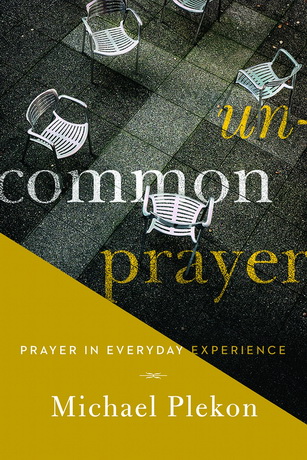
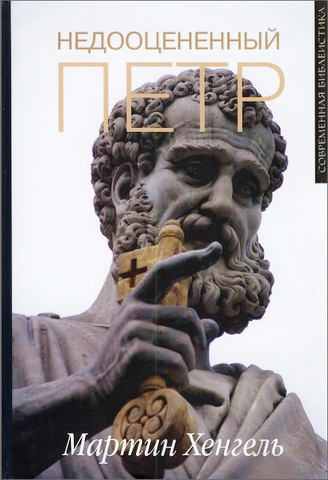
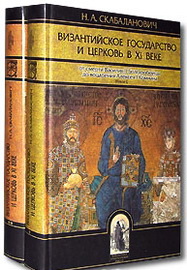

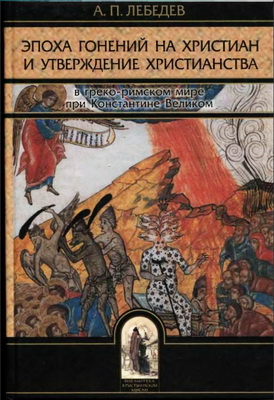
Комментарии
Пока нет комментариев. Будьте первым!